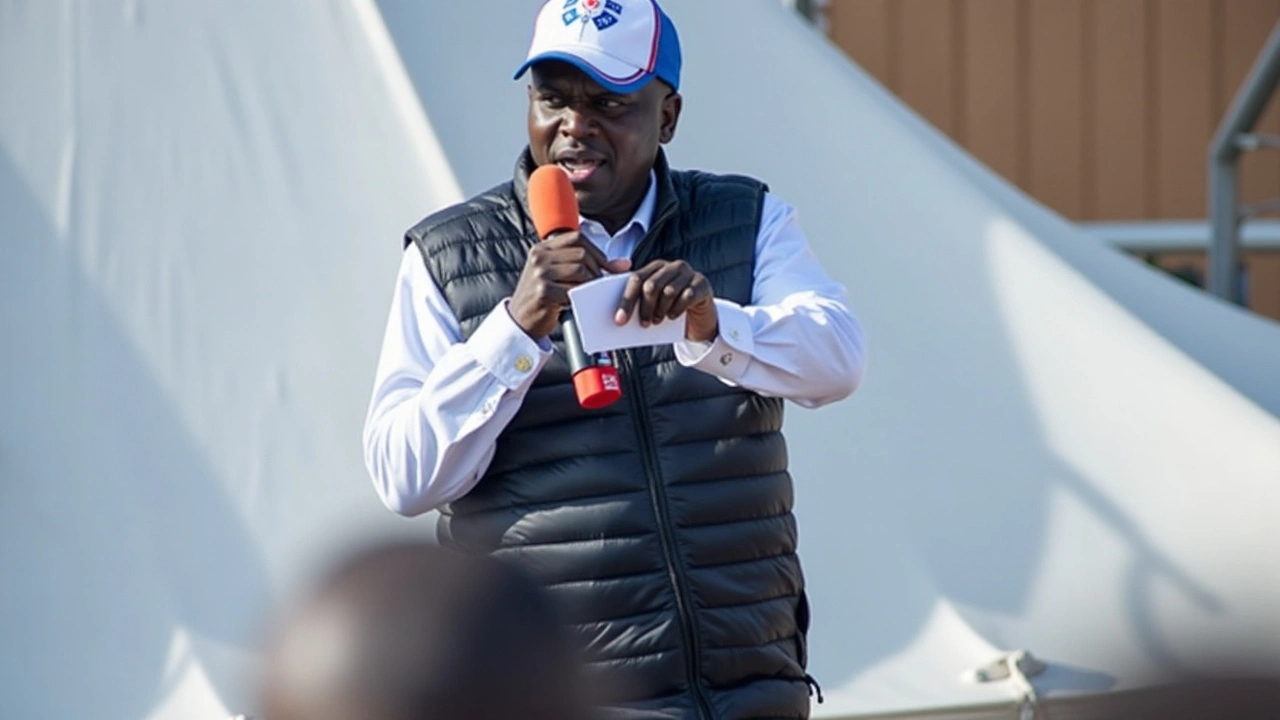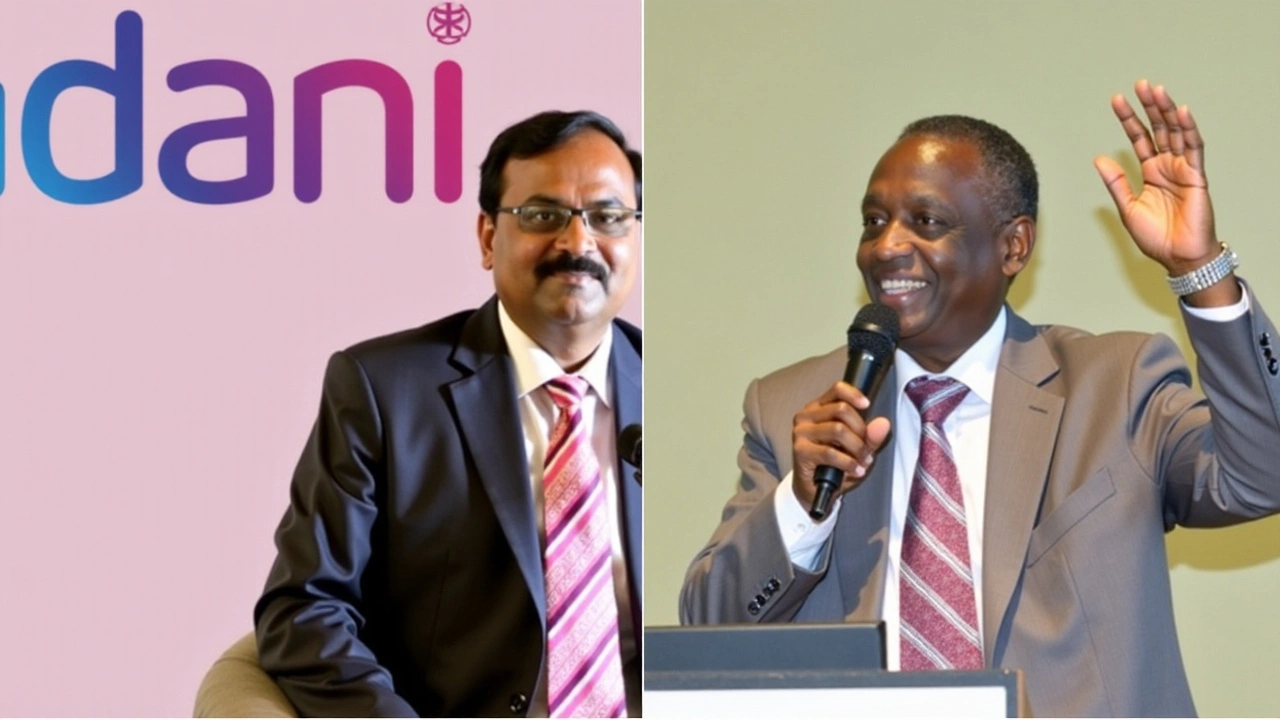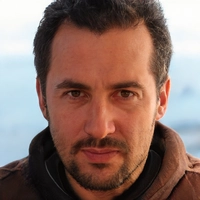Raila's Call for Enhanced Development Strategies
Raila Odinga, a pivotal figure in Kenyan politics, has made clear his belief in the potential that Public-Private Partnerships (PPP) hold for driving his country's development forward. As a former Prime Minister and a long-time advocate for sustainable development models, Odinga's recent call to action follows his comprehensive visit to a myriad of projects under the helm of the highly discussed Adani Group in India. During this visit, which was facilitated by Indian Prime Minister Narendra Modi, Odinga immersed himself in understanding the dynamics and outcomes of partnerships that integrate public interests with private sector proficiency.
During his stint in India, Odinga had an elaborate opportunity to scrutinize various projects that illustrate the efficacy of such partnerships. One of his key observations centered around the Adani Group’s massive infrastructure initiatives. These projects, including major developments like ports, power plants, and airstrips, stand as testimony to what can be accomplished when public governance and private entrepreneurial spirit unite towards a common goal.
Lessons from India's Infrastructure Achievements
In the bustling city of Mumbai, Odinga visited an electricity project spearheaded by the Adani Group. The project serves as a benchmark for modern energy solutions that have the potential to transform economies. He marvelled not only at the scale but also at the level of innovation driving these initiatives. This inspired him to advocate for similar adaptions in Kenya, proposing that with an expansive energy portfolio, Kenya could surpass its neighbors while meeting its own energy demands comprehensively.
Raila Odinga's admiration for the Adani Group's achievements, though loaded with the awareness of the firm’s controversies, feeds into his vision for a modernized Kenya that could easily compete with other burgeoning economies in East Africa. He outlined how Kenya’s current infrastructure gap could be bridged by embracing PPP models, urging policymakers to craft frameworks that could leverage foreign expertise without compromising local interests.
Strategic Models for Equitable Partnerships
Acknowledging the potential anxieties about external influence and control, Odinga stressed the importance of selecting PPP models that firmly protect the interests of Kenyan citizens. He proposed measures ensuring a balanced PPP involvement, where investors and citizens carry equivalent burdens in these ventures. This, he suggested, would involve clear parameters delineating basic terms within the agreements that foster transparency and fairness.
One of his standout proposals includes the need for PPP contracts to formally recognize the jurisdiction of Kenyan courts and align with local labor laws, along with unwavering commitments to environmental stewardship. By doing so, Odinga emphasizes safeguarding the sovereignty of domestic policies while allowing foreign investments.—a crucial step that could deter skepticism and attract genuine, sustainable investments into Kenya.
Addressing Concerns and Ensuring Inclusive Growth
As Odinga drew attention to the potential roadblocks that could arise from improper implementation of PPP models, he suggested an inclusive approach where public financing alternatives coexist. This would apply for any project involving premium payments or exclusivity, thus retaining options for national capabilities alongside foreign assistance. This method would ensure competitiveness without locking out local firms or limiting alternatives.
Embracing broad-based stakeholder engagement further formed a cornerstone of Odinga's comprehensive PPP proposal. He advocated for forums where Kenyans could voice their concerns directly to policymakers, thereby refining project designs that harness foreign capital effectively without risking economic dependency. The role of government agencies in addressing public apprehensions was clarified, with a point on building robust mechanisms that would systematically bar any deterrent to foreign capital flowing into Kenya.

Impact of Global Expertise on Kenyan Infrastructure
Reflecting on these burgeoning opportunities, Odinga underscored the immense potential within the synergy of PPP models. As Kenya stands on the cusp of intensified developmental trajectories, major contributors from the private sector offer much-needed expertise and investment that could redefine the nation's landscape. Yet, it is the piloting of control and management that rings paramount, as models must be designed to resemble mutualistic rather than parasitic relationships.
For Odinga, fostering trust between investors and local communities is essential for dispelling myths about foreign domination. This demands a sturdy framework of accountability, reinforced by performance bonds that reassure stakeholder reliability and adherence by reputable banking institutions. Such steps potentially guarantee the delivery of promised infrastructural developments, thereby acting as a catalyst for Kenya's regional and international rise.
Navigating the Future of Public-Private Partnerships
As Raila Odinga rallies for proactive confrontation of development challenges through PPPs, his vision extends beyond economic dimensions into social aspects. The projects, much like those of the Adani Group, must serve as inclusive enablers that elevate society collectively. Drawing lessons from abroad into actionable strategies can ultimately unfold progressive pathways that chart Kenya on a course of balanced prosperity.
In essence, this strategic advocacy emphasizes ceaseless vigilance and adaptability, ensuring that while immediate gains are realized, the integrity and autonomy of Kenya’s growth-story is preserved. Thus, through meticulously mapped-out partnerships, Odinga envisions a Kenya that not only embraces global expertise but also retains its core identity, charting a uniquely Kenyan trajectory towards sustainable development.

